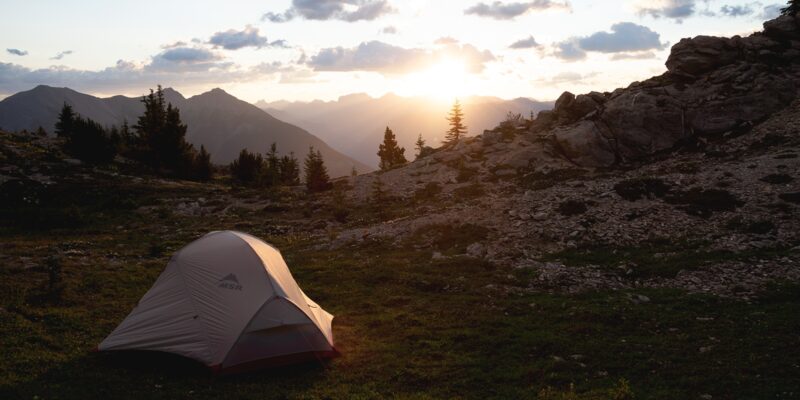Remote camping, defined as camping in secluded or less accessible areas, is gaining popularity due to its unique appeal.
This trend reflects a growing desire for adventure, nature immersion, and escape from the urban grind.
Let us talk about it in greater detail.
Immersion in Nature
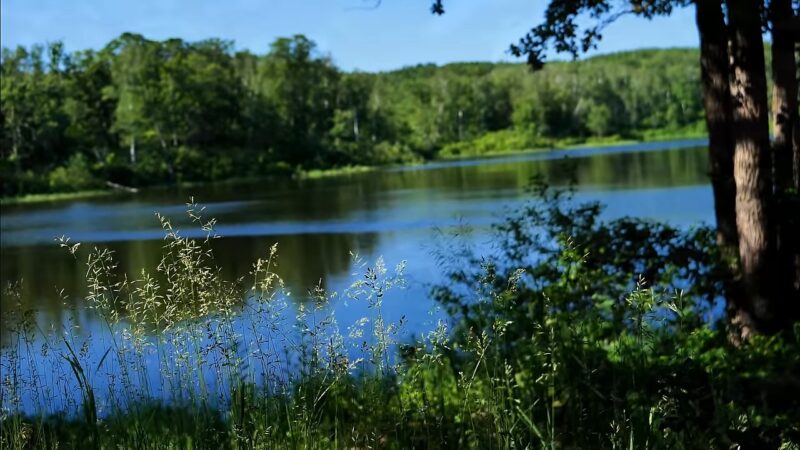
Remote camping offers a profound connection with nature, significantly enhancing mental and physical well-being.
Being surrounded by natural beauty can boost productivity and creativity, reduce stress, and improve mood.
This phenomenon is supported by numerous studies showing that exposure to nature leads to:
- Lower levels of cortisol
- Increased cognitive function
The serene environment of remote areas, free from the distractions and noise of city life, allows for deeper focus and relaxation.
The health benefits of remote camping are manifold.
Fresh air, rich in oxygen and free from urban pollutants, revitalizes the body and mind.
Physical activity is naturally included in the camping experience through:
- Hiking
- Setting up camp
- Exploring the surroundings
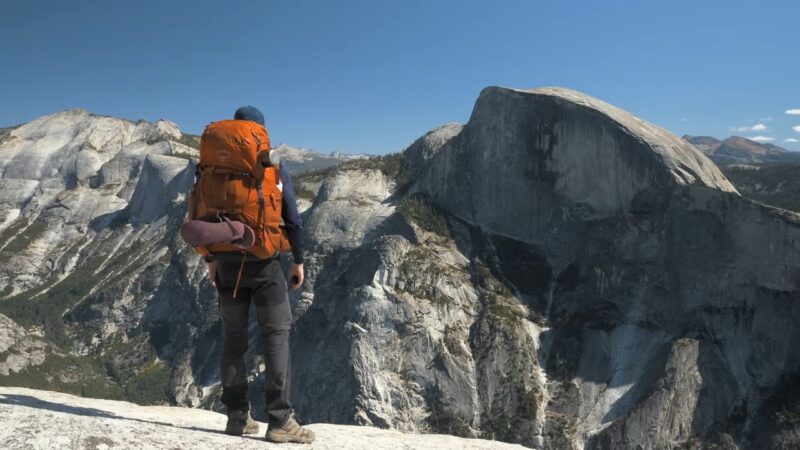
Exposure to natural light, particularly the morning sun, regulates sleep patterns by boosting melatonin production, which enhances sleep quality and overall mood.
Remote camping also provides an opportunity to practice mindfulness.
The slow pace of nature encourages a mindful approach to daily activities, fostering a deeper appreciation for the present moment.
Adventure and Exploration
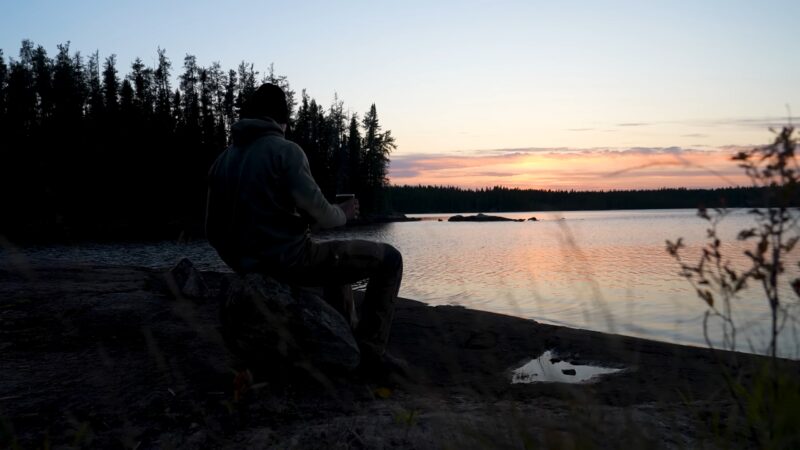
Remote camping is synonymous with adventure and exploration.
It opens doors to unique destinations that are often untouched by mass tourism.
Each location offers a unique set of challenges and experiences, making every trip an adventure.
Solo camping, in particular, offers a unique form of exploration.
While it comes with its own set of pros and cons, the benefits often outweigh the drawbacks.
Solo camping builds confidence and self-reliance, as campers must rely on their own skills and knowledge to navigate and survive in the wilderness.
It also fosters a deep appreciation for nature, as solo campers can fully immerse themselves in their surroundings without distractions.
On the flip side, solo camping can be challenging and sometimes lonely.
It requires thorough preparation and a keen awareness of one’s surroundings to ensure safety.
However, the sense of accomplishment and personal growth that comes from solo camping is unparalleled.
It teaches valuable life skills, such as problem-solving, resilience, and adaptability, which are transferable to other areas of life.
Cost-Effectiveness
One of the significant advantages of remote camping is its cost-effectiveness. Compared to traditional travel and accommodation, remote camping is relatively inexpensive.
The primary expenses typically include:
- Transportation
- Camping gear
- Food
which are often:
- Lower than the cost of flights
- Hotel stays
- Dining out
Camping gear, while initially an investment, can be reused for multiple trips, making it a cost-efficient option in the long run.
There are various options available to suit different budgets, from basic tents to more sophisticated equipment like RVs.
Many remote camping sites are free or require a minimal fee compared to the high costs associated with urban accommodation.
It also allows for a longer stay, as the daily expenses are significantly lower.
Remote camping also offers the flexibility to adjust plans on the go, without worrying about hotel reservations or other pre-booked services.
The cost-effectiveness of remote camping, with its affordable living and flexible accommodation options, makes it an excellent choice for travelers seeking adventure without breaking the bank.
Modern Amenities
Despite its remote nature, modern camping can come with high-quality amenities that enhance the experience without compromising the essence of being in the wilderness.
Many modern campgrounds are equipped with reliable Wi-Fi, designated workspaces, and communal areas, allowing campers to stay connected and productive even while immersed in nature.
Reliable Wi-Fi access at campgrounds makes it possible to work remotely, ensuring that campers can maintain their professional responsibilities while enjoying the benefits of a natural setting.
Designated workspaces provide a quiet and organized environment for tasks that require concentration, blending the best of both worlds – work and leisure.
Safety is a paramount concern when camping remotely. Modern amenities often include access to emergency services and travel assistance, providing peace of mind for campers.
Having a reliable plan for emergencies, including:
- First aid kits
- Knowledge of the nearest medical facilities.

Many campgrounds also offer workshops and resources on camping safety, covering topics such as fire safety, wildlife encounters, and weather-related precautions.
Communal areas at campgrounds foster a sense of community and provide opportunities for social interaction.
These spaces often feature cooking facilities, recreational areas, and gathering spots where campers can share stories and experiences.
Freedom and Flexibility
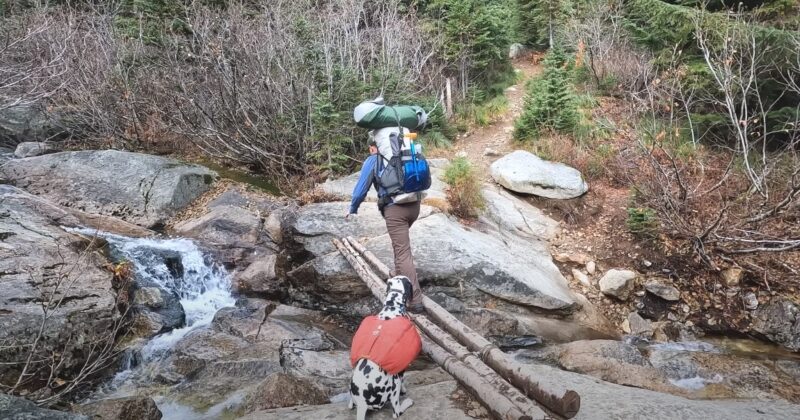
Remote camping offers unparalleled freedom and flexibility, allowing travelers to set their own schedules and explore at their own pace.
The ability to work from various scenic spots adds to the allure of remote camping.
This flexibility allows campers to balance work and leisure effectively, creating an ideal work-life balance.
The natural surroundings serve as a constant source of inspiration and rejuvenation, making remote camping a perfect option for remote workers and digital nomads.
The freedom to choose when and where to camp means that travelers can avoid crowded tourist spots and peak seasons, enjoying a more peaceful and exclusive experience.
This flexibility extends to the length of stay as well, with no strict check-in or check-out times dictating the schedule.
Campers can decide to extend their stay in a particularly enjoyable spot or move on whenever they feel like exploring a new area.
Community and Networking
Remote camping also provides a unique opportunity to build connections and foster a sense of community.
Campgrounds often bring together like-minded individuals who share a love for nature and adventure, creating a welcoming environment for social interaction and networking.
The communal nature of campgrounds encourages campers to engage with one another, share experiences, and learn from each other.
These interactions can lead to lasting friendships and a sense of camaraderie that enhances the overall camping experience.
Group activities such as hiking, campfires, and group meals provide ample opportunities for bonding and collaboration.
For those who work remotely, campgrounds can also serve as informal coworking spaces, where individuals can collaborate on projects and exchange ideas.
Networking in such a relaxed and inspiring environment can be more effective and enjoyable than traditional office settings.
The supportive atmosphere of campgrounds can be especially beneficial for solo campers, providing a sense of security and companionship.
The shared experience of remote camping can create a strong sense of community, making it easier for individuals to connect and support each other.
Sustainable Living
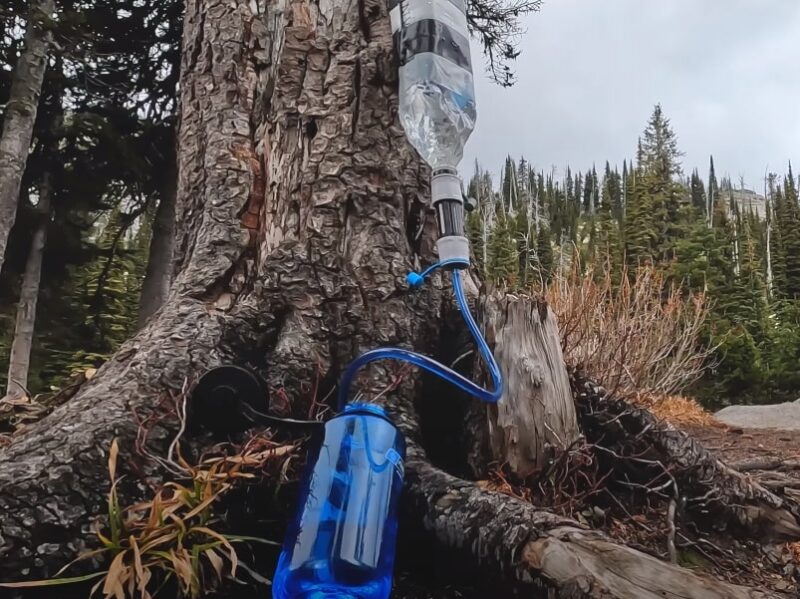
Remote camping promotes sustainable living practices that benefit both campers and the environment.
Campgrounds often encourage eco-friendly practices such as recycling, waste reduction, and conservation of natural resources, fostering a sense of responsibility towards the planet.
Recycling facilities at campgrounds make it easy for campers to dispose of waste responsibly, reducing the environmental impact of their stay.
Many campgrounds also implement measures to conserve water and energy, such as low-flow faucets and solar-powered lighting, promoting sustainable living.
These practices not only protect the environment but also educate campers on the importance of sustainability. Mindfulness of ecological footprints is another key aspect of sustainable camping.
Campers are encouraged to minimize their impact on the environment by following principles such as “Leave No Trace,” which include:
- Packing out all trash
- Respecting wildlife
- Avoiding damage to natural habitats
This mindful approach helps preserve the beauty and integrity of natural areas for future generations.
Remote camping offers an opportunity to live more simply and consciously.
The minimalist lifestyle required for camping, with limited resources and reliance on natural surroundings, encourages campers to appreciate and value what they have.
Safety and Preparation
Safety is paramount when it comes to remote camping.
Proper preparation and awareness of potential hazards can ensure a safe and enjoyable experience.
Rules for Camping Safely
Weather safety is crucial; always check the weather forecast before heading out and be prepared for sudden changes.
Fire safety involves keeping fires small, never leaving them unattended, and ensuring they are fully extinguished before leaving the site.
Wildlife safety includes storing food properly to avoid attracting animals and knowing how to react if you encounter wildlife.
Emergency Preparedness
Being prepared for emergencies can make a significant difference.
Carry a comprehensive first aid kit and know basic first aid procedures.
It’s also important to have a plan if you get lost, such as staying in one place and using a whistle to signal for help.
Summary
Remote camping offers numerous benefits, from immersion in nature to cost-effectiveness and sustainability.
Encouraging others to try remote camping can lead to enriching travel experiences that foster a deeper connection with nature and promote a healthier, more balanced lifestyle.

